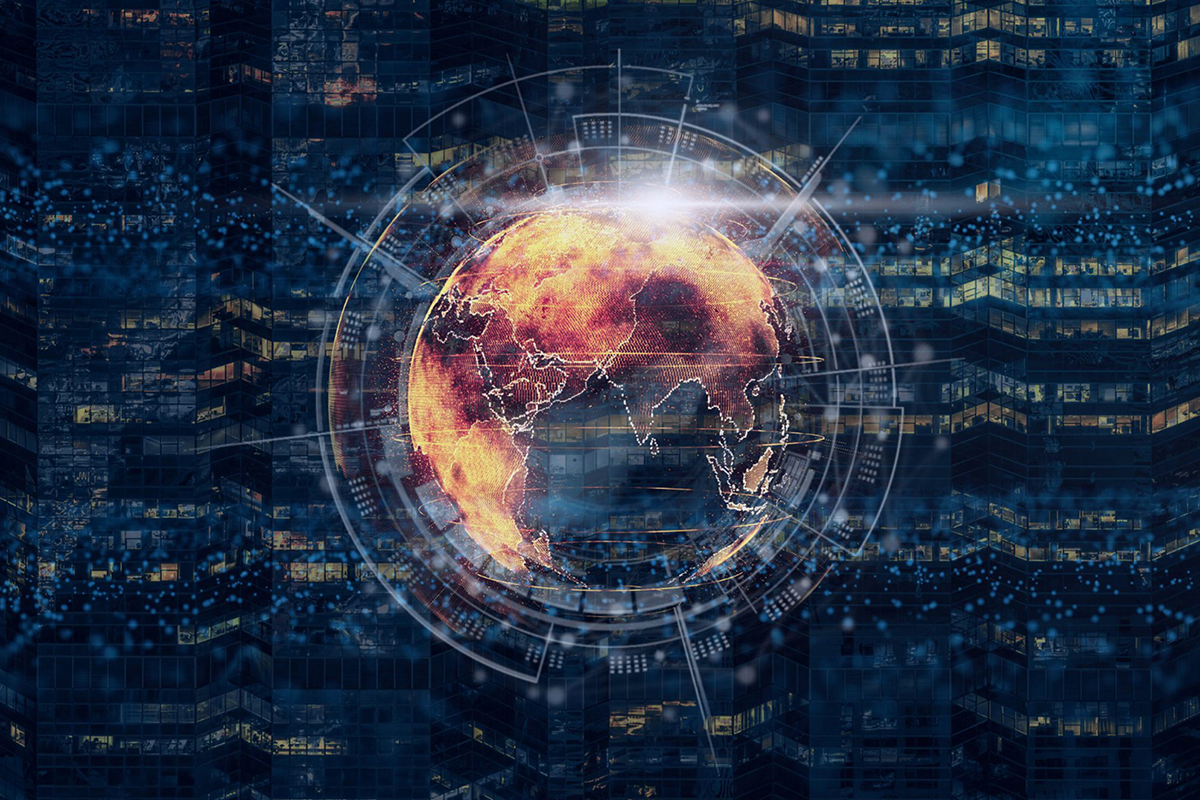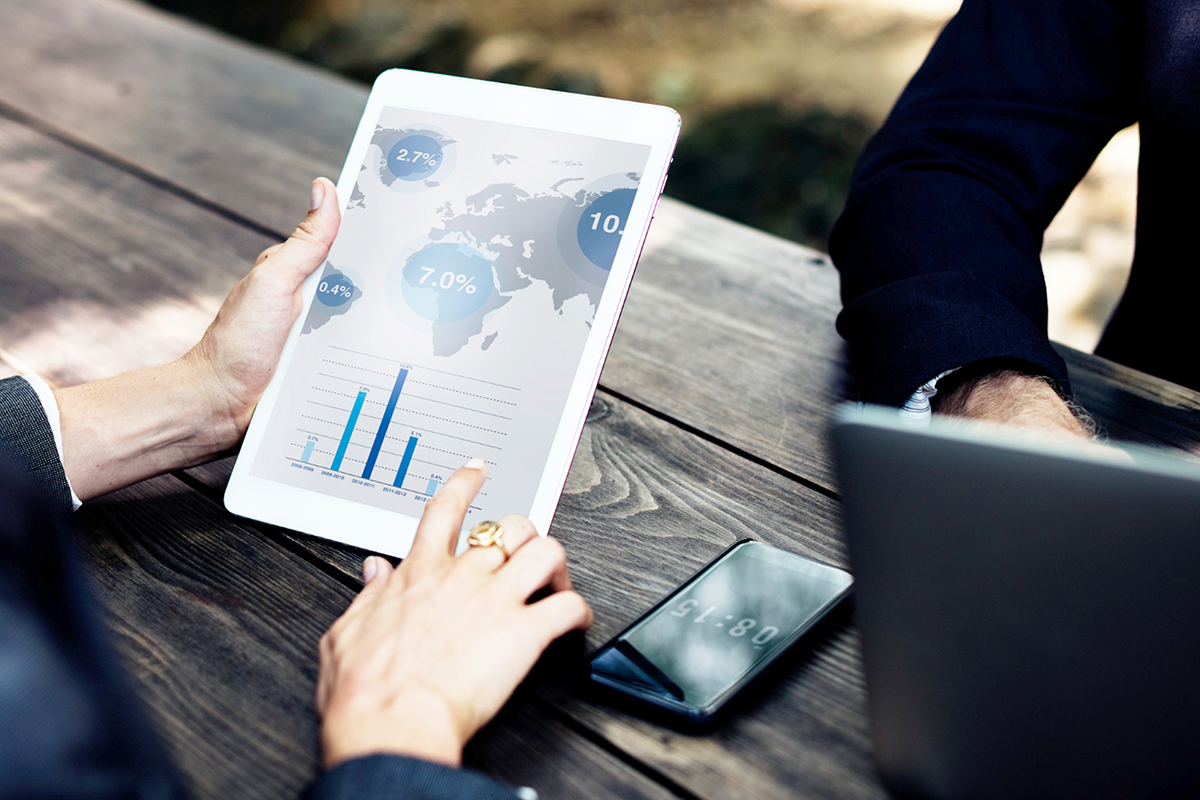AI Meets Geography: Exploring the GeoAI Revolution
 0 min
0 minGeospatial Artificial Intelligence (GeoAI) stands at the forefront of the age of digital innovation, revolutionizing how we perceive and utilize spatial data. By seamlessly integrating the capabilities of artificial intelligence with geospatial technologies we open new frontiers in data analysis, pattern recognition, and decision-making.
What is GeoAI?
GeoAI is a complex blend of artificial intelligence and geospatial data, enabling machines to interpret, analyze, and derive meaningful insights from spatial information. It harnesses the power of machine learning, deep learning, and other AI techniques to process and understand geospatial data, uncovering trends, and relationships that may go unnoticed through traditional methods.
How Can You Use GeoAI?
The applications of GeoAI are diverse and impactful. Whether you're in urban planning, agriculture, logistics, or disaster management, GeoAI enhances decision-making processes by providing a deeper understanding of spatial dynamics. GeoAI empowers industries to make informed and strategic choices from optimizing supply chain routes to predicting natural disasters.

Examples of Industries Benefiting from GeoAI:
Urban Planning and Development: GeoAI aids city planners in analyzing urban landscapes, predicting population growth, and optimizing infrastructure development for sustainable and efficient cities.
Agriculture: Precision farming is revolutionized with GeoAI, allowing farmers to make data-driven decisions on crop management, and resource allocation to maximize profits.
Logistics and Transportation: GeoAI optimizes route planning, delivery logistics, and fleet management, enhancing efficiency and reducing operational costs for transportation companies.
Disaster Management: Predictive modeling using GeoAI helps anticipate and mitigate the impact of natural disasters, enabling proactive responses and minimizing damage.
GeoAI for Insurance Companies:
One notable sector that benefits greatly from GeoAI is the insurance industry. By leveraging geospatial data and AI algorithms, insurance companies gain a comprehensive understanding of risk factors, enabling more accurate underwriting and streamlined claims processes. GeoAI facilitates:
- Risk Assessment: Analyzing spatial data helps insurers assess risks associated with a specific location, such as vulnerability to natural disasters
- Claims Processing: GeoAI accelerates claims processing by providing real-time information about incidents, enabling quick and accurate assessments
- Fraud Detection: Identifying patterns in geospatial data enhances fraud detection capabilities, minimizing losses for insurance companies.

In conclusion, GeoAI’s applications are limitless, offering transformative benefits across various industries. From urban planning to insurance, the combination of artificial intelligence and geospatial technologies is reshaping our approach to data analysis. As we embrace the GeoAI revolution, we unlock a future where spatial insights drive even more innovation, efficiency, and sustainability.
Article Inspired by GeoAI: spatially explicit artificial intelligence techniques for geographic knowledge discovery and beyond